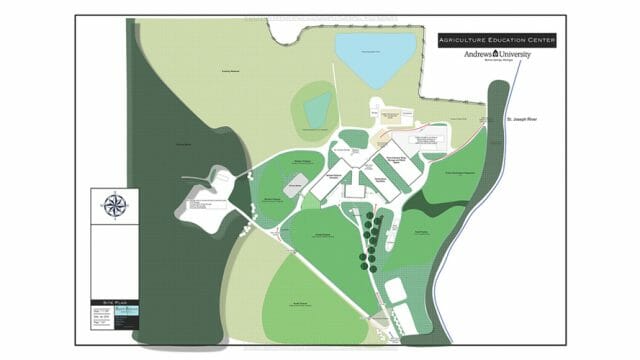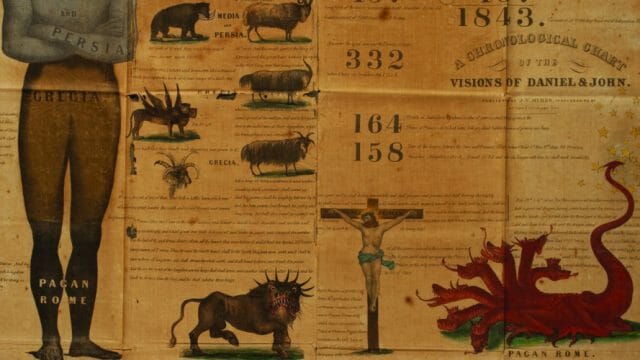In New Zealand, Samoan church is first Pacific congregation to complete a health improvement program.
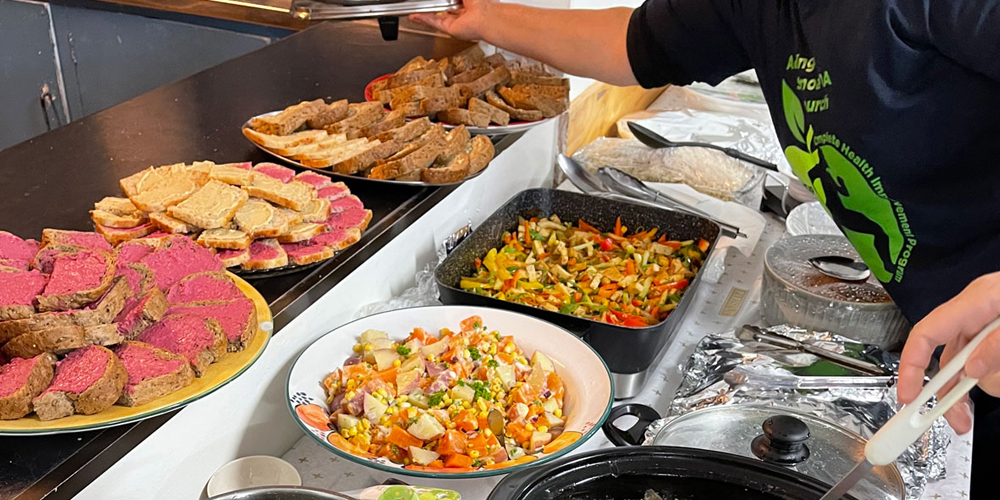
Addington Samoan Seventh-day Adventist Church has become the first Pacific church in New Zealand to complete the Complete Health Improvement Program (CHIP).
Twenty-three families (comprising 44 participants) completed the 10-week evidence-based program, which aims to implement healthy lifestyle changes to prevent and facilitate the reversal of common lifestyle diseases. Participants said they are now hoping to influence others through their example.
Local pastor Fa’afetai Matai initiated the running of CHIP for his Christchurch-based church using funding from the New Zealand Ministry of Pacific Peoples (MPP) as part of its “Resilient and Healthy Pacific Peoples” COVID-19 recovery fund, and also through the support of Adventist Health Ministries in New Zealand.
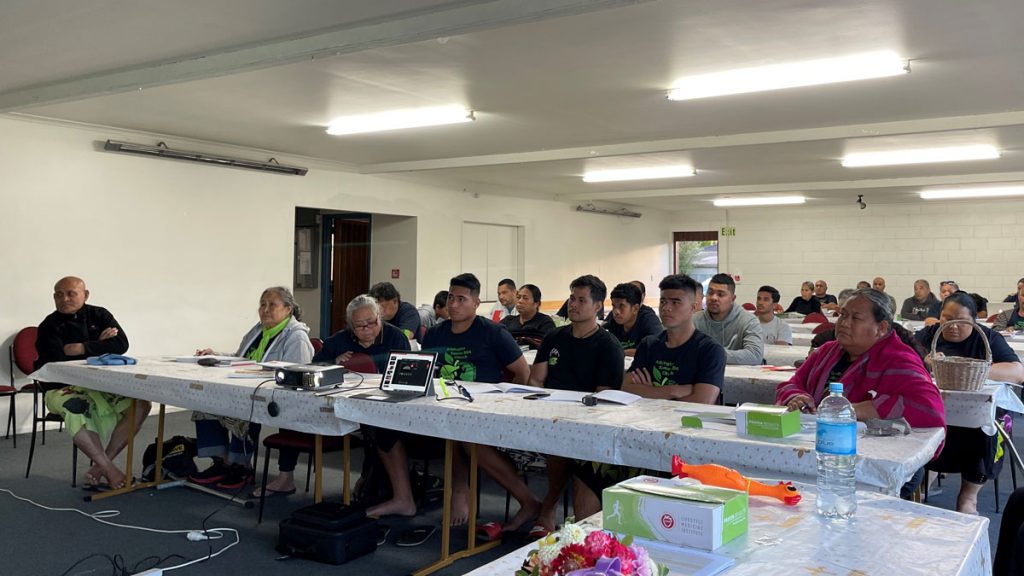
When talking about the impact and benefits of CHIP, Matai said, “There is a real challenge with our church family regarding non-communicable diseases. Education, I believe, is one vital tool that can help alleviate the issues by highlighting some of the causes and present real solutions of which the people will have to implement.
“The benefits of CHIP will go a long way for most of these guys — perhaps all of them — and to change the culture of the church in terms of diet, we have to tackle the problem when we admit each one of us is responsible for our own health.”
Two new facilitators, Vincent Toailoa and Fono Osborne, were trained. Addington Samoan is the first Pacific church in New Zealand to complete the program and have trained facilitators.
The results were immediately noticeable, with overall weight loss, lowered blood pressure, and reduced blood glucose levels among the participants. Some participants’ physicians said they were astonished at the change, commending their patients for what they were doing. One participant had his medication reduced as his blood pressure had dropped so much.
Matai has already started looking at ways his church can support other Pacific Adventist churches in the region to run the CHIP program. He has also started conversations with other Pacific denominations to see if they would consider running CHIP in their churches.
Darren Folau, Regional Partnerships Community Initiatives manager for MPP, attended the graduation service for the church.
“I found the entire Addington Samoan CHIP program completely necessary and so refreshing,” he said.
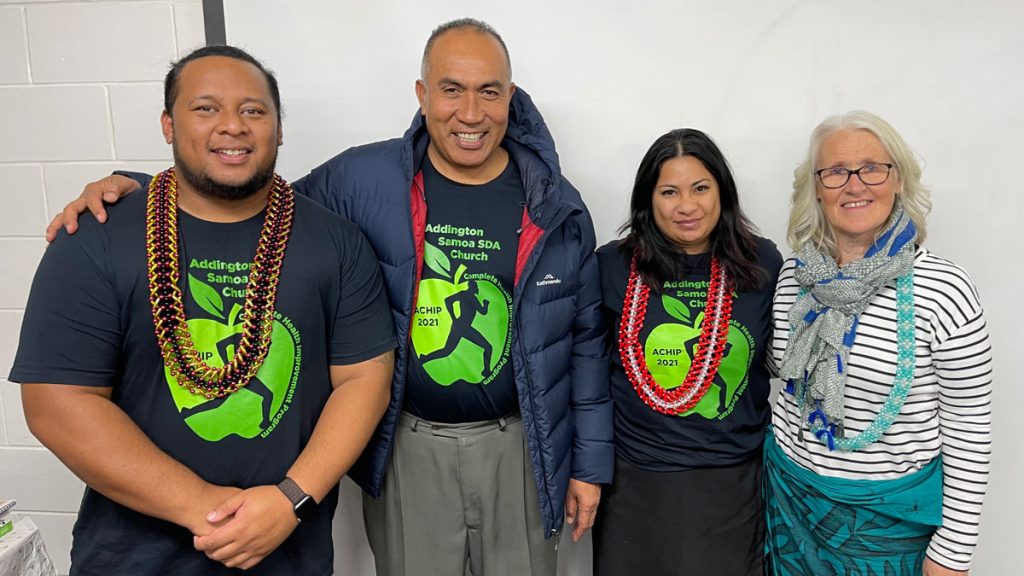
“To see it led by Vincent and Fono made the biggest difference in terms of uptake and genuine interest and participation. Training [the] facilitators within the organization brings a sustainability element to the program design. Additionally, ensuring the delivery was done in the Samoan language meant that the program’s specific nuances and key messages were being heard in a culturally appropriate way.
“The education around healthy food choices and especially being able to make Pacific food entirely healthy — and delicious — is how our tupuna [ancestors] viewed food, and somewhere along the way, our generation has forgotten this,” Folau added.
“The other key aspect to the program was that it was intergenerational, and having entire families learning together will achieve so much more than if one person goes and tries to introduce the learnings on their own. The material and resources are fantastic and more than just a token workbook that normally gets put away with other course material.”
It is believed that one of the main reasons why the program was so well attended and supported was that it had the full support of the church.
“It is so important when wanting to make a cultural change that you get as many people on board as possible,” said New Zealand Pacific Union Conference health director Adrielle Carrasco.
“Having the full support from church leadership, including the pastor and elders, the health team, and from government agencies, means that we will see a real change with everyone working together and making lifestyle changes as a whole. I pray that the positive health habits the church has implemented over these past weeks will stay with them well into the future.”
Addington Samoan church has now enrolled in research to be conducted by the University of Otago. Church members will be part of a cohort whose lives be observed over 12 weeks, looking at the effect of an increase in fruit and vegetables on their overall wellness.
The original version of this story was posted by Adventist Record.


